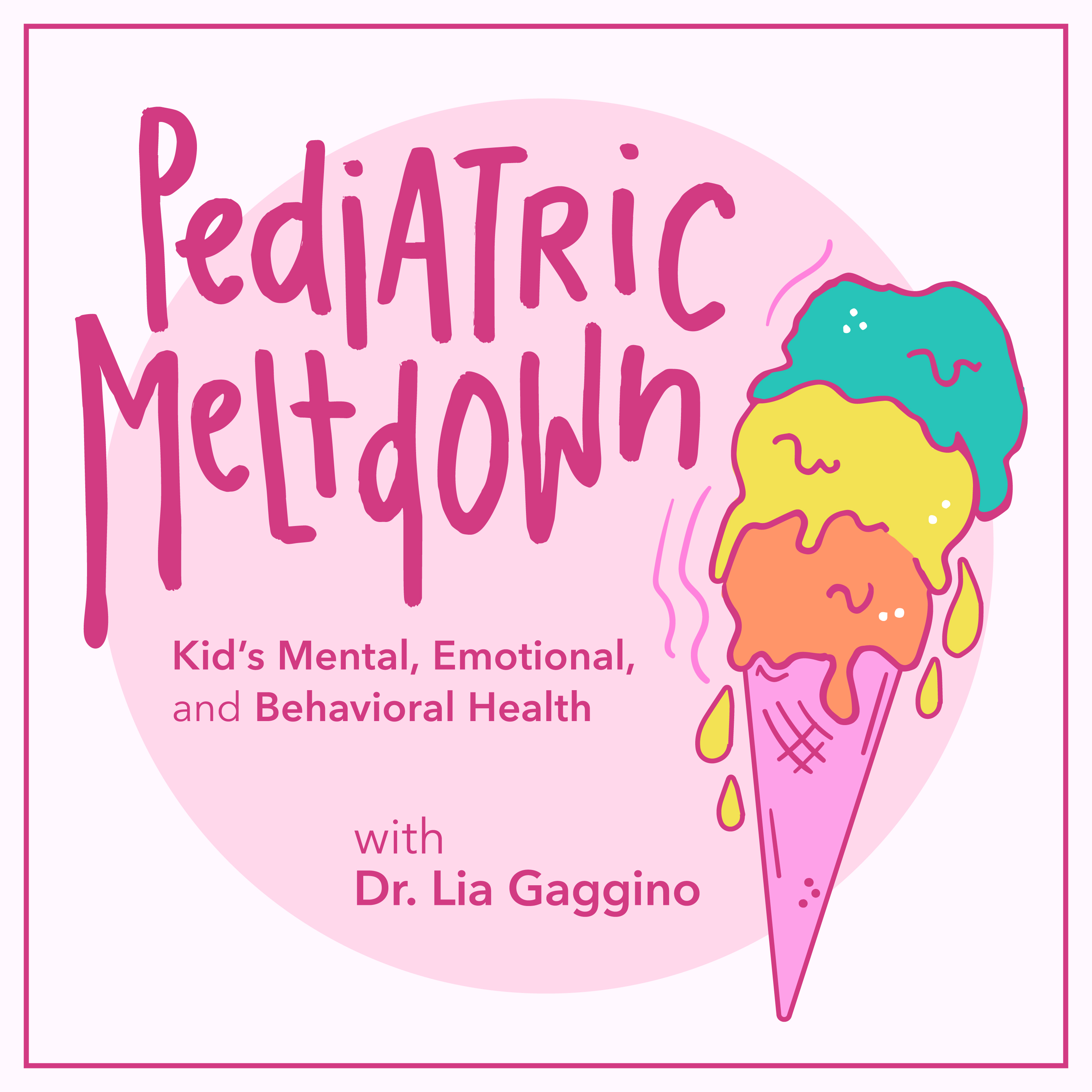
134 Early Childhood Education: Empowering Parents
Podcast: Pediatric Meltdown
Autor:Lia Gaggino
Escuchar Episodio
Descripción del Episodio
As an educator and administrator, Meadow Nuyen acknowledges the challenges faced due to the pandemic, such as staffing shortages and virtual learning for early childhood education. Meadow talks about…

Episodios Relacionados
-
224. Adult ADHD: Diagnosis and Treatment diciembre 11, 2024
-
223. ADHD and the Anxiety Monster: Strategies to Break the Cycle diciembre 4, 2024
-
218. Vote For Kids octubre 30, 2024
-
213. Vaccine Hesitancy and Refusal: Fact and Emotion septiembre 25, 2024
-
212. Chronic School Absenteeism: The Role of Pediatricians septiembre 18, 2024